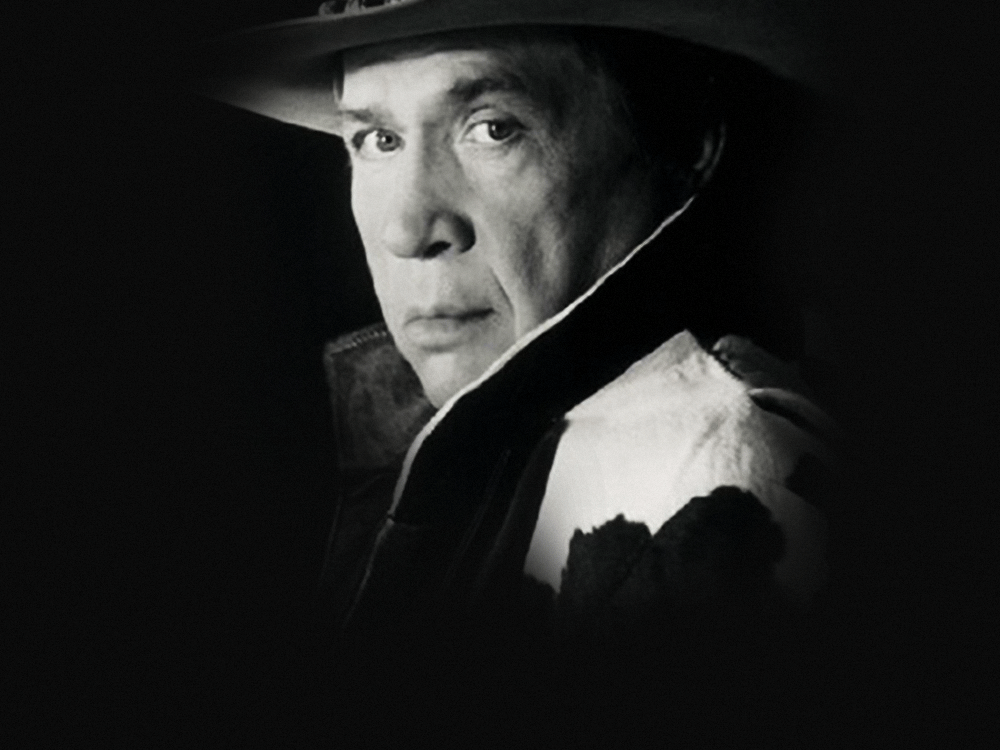
A Steel-Stringed Ode to the Open Road and the Solitary Soul Behind the Wheel
When Buck Owens released “Truck Drivin’ Man” in 1965 as part of his chart-topping compilation The Best of Buck Owens, he wasn’t merely contributing another honky-tonk anthem to the country canon—he was crystallizing a distinctly American archetype: the weathered, coffee-fueled road warrior who finds solace not in stillness, but in motion. Though the song did not chart as a single upon its release under Owens’ name, it quickly embedded itself within the cultural and emotional fabric of mid-century country music, becoming a staple of jukeboxes and barroom bands across the nation. Originally penned by Terry Fell and first recorded in 1954, it was Owens’ interpretation—a blend of Bakersfield bite and heartfelt sincerity—that etched it into the permanent rotation of America’s collective memory.
The story behind “Truck Drivin’ Man” is less about its origin than it is about its endurance. Owens, the high priest of the Bakersfield Sound, knew instinctively how to translate a working man’s burden into melody. His rendition honors Fell’s original while refining its sound for a wider audience, stripping away any lingering novelty and imbuing it with genuine pathos. In this version, there is no trace of irony—just steel guitar licks that mimic asphalt’s hum and a vocal delivery that carries both grit and grace. It is deceptively simple music—the kind that, like the open highway, seems endless in its emotional reach.
At its lyrical heart, “Truck Drivin’ Man” is a hymn to labor and loneliness. “Pour me another cup of coffee / For it is the best in the land,” sings Owens with understated urgency. These lines may read plainly on paper, but in his voice they feel like scripture—a prayer muttered beneath fluorescent truck stop lights. The protagonist is nameless but familiar: a man defined not by destination but by his perpetual departure. He drives not toward something, but away—perhaps from heartbreak, perhaps from routine. There’s no mention of what waits at home because for this man, home is an ever-receding horizon.
Musically, the track is pure Bakersfield—sharper than Nashville’s polish, with twangy Telecasters cutting through a two-step rhythm that mirrors tires chewing up endless miles. It pulses with forward momentum yet feels curiously still, like time itself slows inside that cab. The song resonates deeply with anyone who understands that movement can be medicine, that solitude can be sanctuary.
In an era when country music was increasingly leaning toward crossover appeal and studio sheen, Owens kept his boots planted firmly in red dirt and roadside gravel. With “Truck Drivin’ Man,” he didn’t just sing about life on the road—he captured its spiritual weight: the silence between CB chatter, the ghosts riding shotgun, and the deep ache of freedom paid for in diesel and dreams.
Though countless artists—from Red Steagall to Willie Nelson—have since offered their own takes on this road-weary ballad, it remains Owens’ rendition that endures as definitive. It’s not simply because of his voice or arrangement; it’s because Buck Owens understood what every long-haul driver knows: that sometimes the only way to outrun your demons is to keep both hands on the wheel and your heart tuned to an old country song crackling through AM static.
With “Truck Drivin’ Man,” Buck Owens didn’t just sing a song—he mapped out an emotional geography still traveled by those who find meaning not in arrival, but in endless departure.